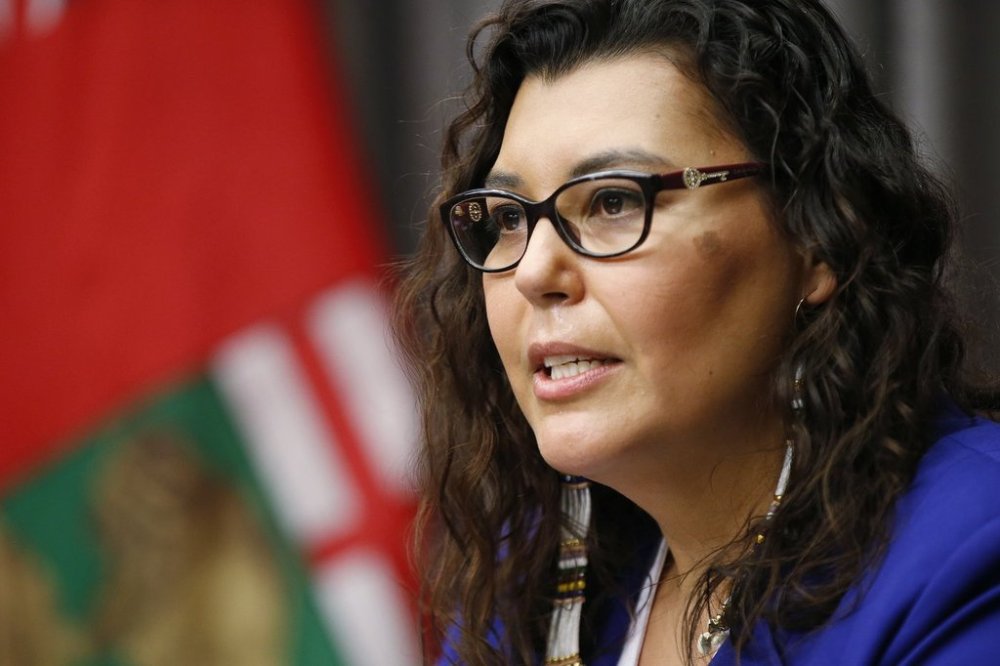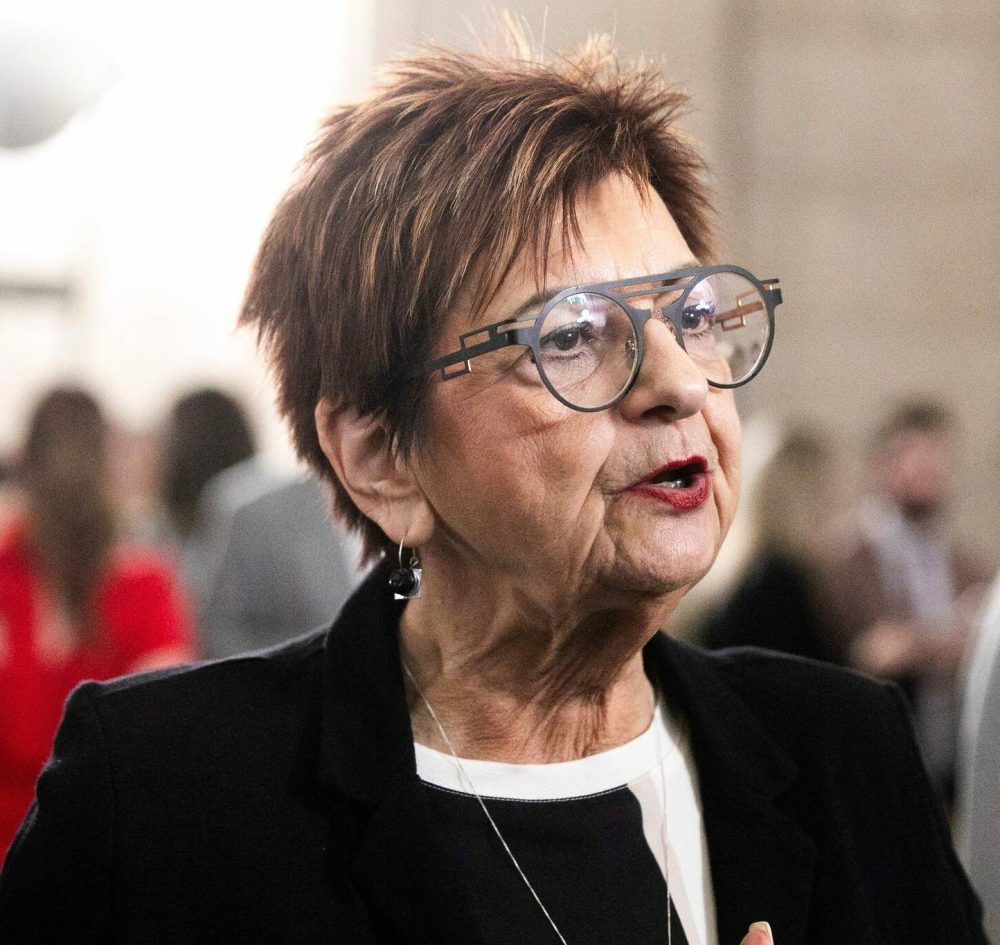Union demands nurses be paid for anti-racism training
Advertisement
Read this article for free:
or
Already have an account? Log in here »
To continue reading, please subscribe:
Monthly Digital Subscription
$1 per week for 24 weeks*
- Enjoy unlimited reading on winnipegfreepress.com
- Read the E-Edition, our digital replica newspaper
- Access News Break, our award-winning app
- Play interactive puzzles
*Billed as $4.00 plus GST every four weeks. After 24 weeks, price increases to the regular rate of $19.00 plus GST every four weeks. Offer available to new and qualified returning subscribers only. Cancel any time.
Monthly Digital Subscription
$4.75/week*
- Enjoy unlimited reading on winnipegfreepress.com
- Read the E-Edition, our digital replica newspaper
- Access News Break, our award-winning app
- Play interactive puzzles
*Billed as $19 plus GST every four weeks. Cancel any time.
To continue reading, please subscribe:
Add Free Press access to your Brandon Sun subscription for only an additional
$1 for the first 4 weeks*
*Your next subscription payment will increase by $1.00 and you will be charged $16.99 plus GST for four weeks. After four weeks, your payment will increase to $23.99 plus GST every four weeks.
Read unlimited articles for free today:
or
Already have an account? Log in here »
While the Manitoba government has recommended emergency department staff take part in cultural safety and anti-racism training, it stopped short of making it mandatory and gave no indication workers would be paid.
“Fundamentally, we know this is important,” Health Minister Uzoma Asagwara said. “We also know that health-care workers want access to these opportunities. I can tell you as a health-care worker for many years myself, when you spot a problem that you can be a part of solving, you want to be a part of that.”
The recommendation follows the release of preliminary analysis of patient data, which indicates racism may contribute to differences in wait times and quality of care in Manitoba emergency departments.

On May 11, 2023, Manitoba became the first province to collect voluntary race-based data during patient registration at hospitals and health centres.
The report says Indigenous and Black patients wait the longest to be seen — a pattern consistent with previous research, said project lead, Dr. Marcia Anderson.
“As an immediate step, we have recommended that all emergency department team members be prioritized for participation in the ‘We Will Take Good Care of The People Indigenous Cultural Safety and Anti-Racism’ training,” Anderson said Tuesday. “This training was developed by Ongomiizwin in partnership with Shared Health and the health regions.”
Delivering the training is up to the province.
Darlene Jackson, president of the Manitoba Nurses Union, said nurses need the time and resources to complete it.
“We’re very firm in our collective agreement that any education that the employer expects is funded,” she said. “Either you do it on a day where you’re at work, or you’re paid to go in and do it.”
“As an immediate step, we have recommended that all emergency department team members be prioritized for participation.”–Dr. Marcia Anderson
Jackson warned that a recommendation, rather than a requirement, shifts the burden to individual nurses to complete it on their own time.
She said she’s concerned about the consequences for those who don’t.
Physicians are accustomed to completing training independently, said Dr. Shawn Young, chief operating officer of the Health Sciences Centre.
He acknowledged that ideally, the training could happen during working hours, but staffing shortages make that difficult.
Both Asagwara and Young emphasized the importance of eventually making such training a required component of medical education or early career development.

Anderson said it takes an average of 12 hours to finish the 10-lesson course, and it must be done over a six-month period.
There is also a recommendation for three one-on-one coaching sessions, separate from the online module and optional.
Most physicians already complete their extensive annual training requirements on their own time. “This would likely be true for training on cultural safety and anti-Indigenous racism training, too,” a spokesperson for Doctors Manitoba said. “We are working closely with the College of Physicians and Surgeons and others to ensure this training can be offered in a flexible way to make it as accessible as possible.”
The program involves sessions with trained coaches so workers can apply the lessons to real-life challenges.
Additional training options are available, including the First Nations Health and Social Secretariat Anti-Racism Training — part of what Anderson called the lifelong journey of anti-racism education.

MIKAELA MACKENZIE / FREE PRESS FILES
Manitoba Nurses Union president Darlene Jackson said nurses need the time and resources to complete the recommended training.She said current training could accommodate 3,000 participants over the next year, with the potential to expand.
scott.billeck@freepress.mb.ca

Scott Billeck is a general assignment reporter for the Free Press. A Creative Communications graduate from Red River College, Scott has more than a decade’s worth of experience covering hockey, football and global pandemics. He joined the Free Press in 2024. Read more about Scott.
Every piece of reporting Scott produces is reviewed by an editing team before it is posted online or published in print — part of the Free Press‘s tradition, since 1872, of producing reliable independent journalism. Read more about Free Press’s history and mandate, and learn how our newsroom operates.
Our newsroom depends on a growing audience of readers to power our journalism. If you are not a paid reader, please consider becoming a subscriber.
Our newsroom depends on its audience of readers to power our journalism. Thank you for your support.






